

From the moment she slipped the Fearless record into her CD player as a 14-year-old, Georgia Carroll has been fascinated by Taylor Swift.
A decade and a half on, she’s now touted as the only person in the world with a PhD on the superstar.
Her assessment? “At the moment, it wouldn’t be going too far to say [Swift] is one of the most powerful people in the world.”
That’s why Dr Carroll is among scores of experts who have descended on Melbourne this week for an international academic symposium attempting to explain just how Swift has become so influential.
The event – the first of its kind – is a curtain raiser to the Eras Tour in Australia, and has attracted more than 400 submissions from dozens of study disciplines and academic institutions around the world – sparking a flurry of excitement and global headlines.
The idea for the ‘Swiftposium’ was born last July as a half-joking tweet with just a few dozen likes. But when organisers quietly announced the event months later it went internationally viral overnight.
Organisers woke up to coverage on the BBC, in Rolling Stone Magazine, CNN.
“I was like, I’ve got to email my boss,” Dr Eloise Faichney says with a grin. “Our little conference suddenly became this juggernaut.”
Fans were also desperate to take part, and on Sunday, hundreds of people – walking advertisements for rhinestones, cowboy boots and Swift’s signature red lip – flocked into Melbourne’s iconic Capitol Theatre just to hear lectures about the megastar.
At a sold-out friendship bracelet-making workshop beforehand, 19-year-old Soumil says the event – run by RMIT University – is helping heal the wounds left by the ticketing bloodbath of last year.
“It’s fun to still be part of it all,” he tells the BBC.
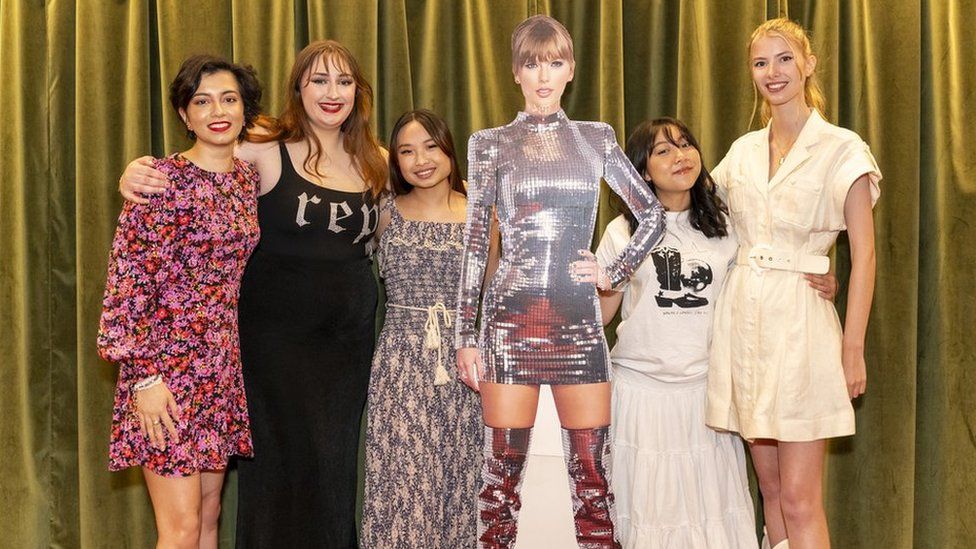
But the organisers are quick to clarify the conference – backed by seven universities across Australia and New Zealand – is not a fan convention.
“Although some of us are fans, it certainly – for us – is about trying to take somebody like her seriously in academia,” Dr Emma Whatman says.
“This is not an uncritical celebration.”
There’s no denying ‘Taylor Mania’ has swept the world this past year – she was named Time Magazine’s Person of the Year in 2023 – and it’s unclear when that might fade.
On Monday, the 34-year-old again dominated the headlines with pictures of her and footballer boyfriend Travis Kelce winning at the Super Bowl. Last week she cleaned up at the Grammys, taking home her fourth album of the year accolade.
Even her cats, her publicist and her childhood friends have name recognition and a loyal following.
“[Swift] has somehow become the most godlike superstar on the planet, bigger than I thought was even possible,” keynote speaker Brittany Spanos – a Rolling Stone reporter who in 2020 taught the first ever university course on the idol – told the conference.
But Swift has long found herself at the centre of huge cultural moments and debates, ever since shooting to stardom as a teenager.
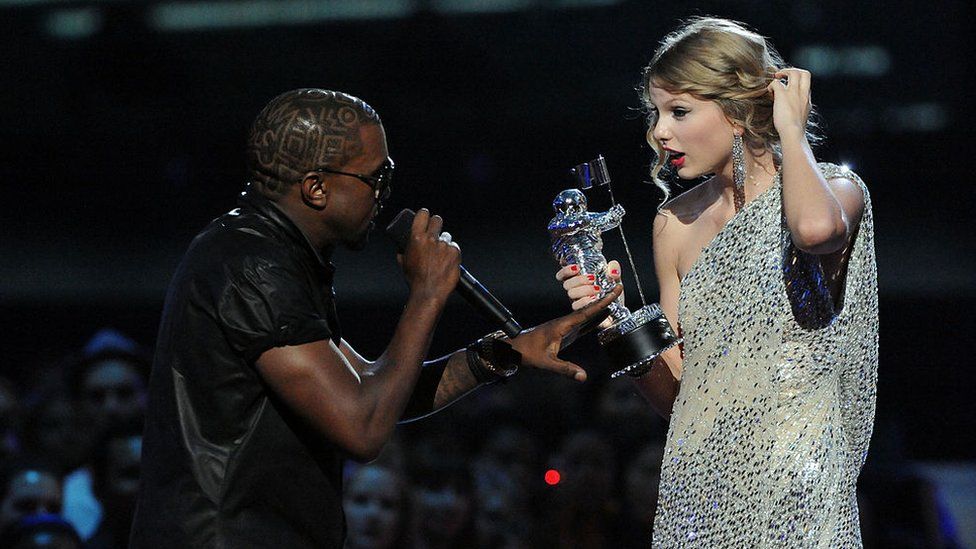
She has become one of the highest-earning and most-celebrated artists of all time – all while igniting conversations about everything from streaming royalties and music ownership to misogyny and cancel culture.
The summit obviously has a whole panel dedicated to “Swiftonomics” – a trend coined to explain her mammoth effect on economies, and one which has left world leaders begging her to tour their countries.
But there are also experts detailing how her bops are being used to train young people in CPR and excited discussion about the way her romance with Kelce is helping girls feel at home in traditionally male-dominated sports fandoms.
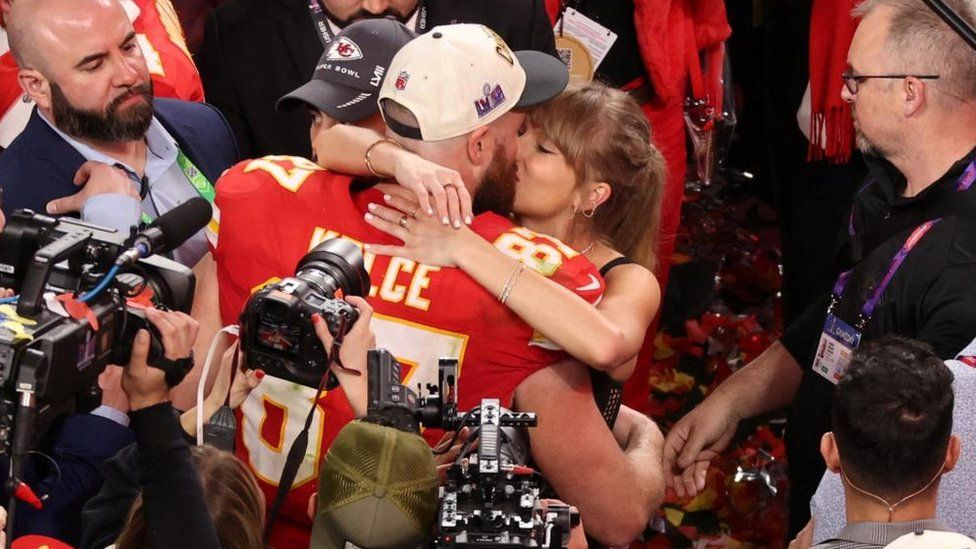
There’s even a lyrical analysis of her attitudes towards public transport (ironically, as her real-life private jet use has increased, so have songs referencing trains and buses, Harrison Croft says).
And when the audience tired of listening to speeches, they were treated to a duet between a musician-turned-academic and an uncomfortably accurate AI clone of a younger Swift’s voice – to contrast how her sound has changed over the past 17 years.
For the literature fans, the conference had a mother-daughter duo read spoken-word poetry about the contempt society shows for the interests of young women – an item which drew an adoring reaction from the crowd. And for the politics nerds, an academic presenting on how Australian MPs use Swift to seem relatable.
Madeline Pentland, 27, found more than 30 speeches citing her most iconic lyrics – including a shameless performance by the treasurer of New South Wales, who racked up 20 references in a single speech.
Men were more likely to quote the singer, she discovered, but they tended to use the lyrics in political attack or mockery, whereas women were far more likely to use them to support topics of debate.
But Ms Pentland was most amused to find them wielded during one of Australian politics’ favourite past times – the disposing of leaders.
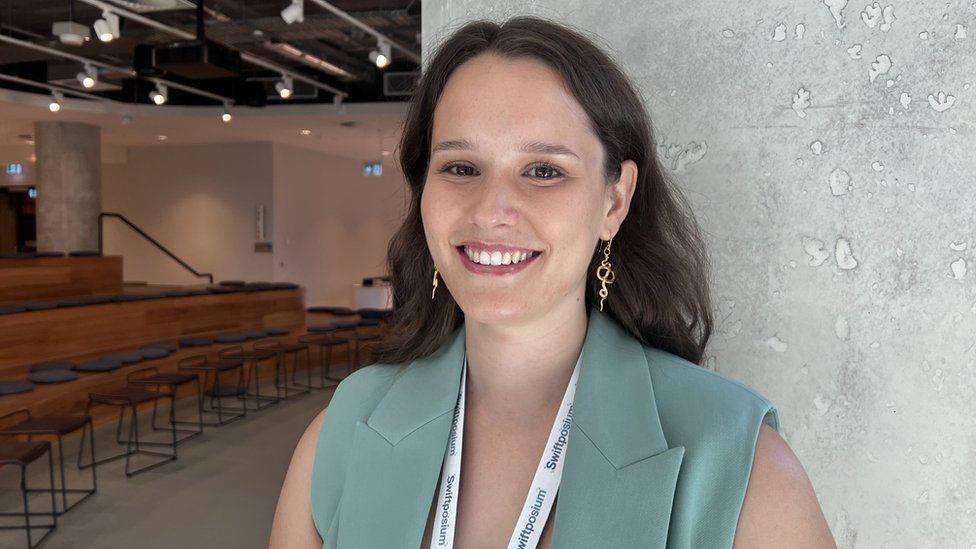
She laments, though, what she thinks are some missed opportunities: “I would have thought that there would be a bit of Bad Blood here and there, but I didn’t find any references!”
Another duo has explored how Swift has become such a magnet for conspiracy – from “delulu” fans reading into her strategic hints to right-wing characters reading into almost anything.
In the past few days alone, US President Joe Biden has joked off conjecture that Swift’s love life is part of a plot to rig the Super Bowl and help get him get re-elected, while her fans were convincing anyone with an internet connection that the re-record of the Reputation album was imminent.
Clare Southerton is interested in what all that can teach us about growing conspiracy communities.
“There’s a world of difference between being like, ‘Oh, look, the blue dress means 1989 is next’… and being a domestic terrorist, but it’s helpful for us to understand, why do people enjoy this?” the 35-year-old told the BBC.
There have also been uncomfortable debates about how terrifyingly unforgiving Swift’s fanbase can be, how her music reflects colonialism, and her controversial casting as a transport-emissions villain.
Singaporean academic Aimee-Sophia Lim – who studies how the artist is inspiring political activism in South East Asia – says she’s a huge fan, but she is often disappointed by Swift’s “US-centric, white brand of feminism”.
“Perhaps people of colour and those from the Global South should be the ones advocating for themselves and their communities… but Taylor’s outreach is undeniable,” the 23-year-old tells the BBC from Singapore.
“It would be great if she manages to expand her activism, so perhaps she could give a platform to other people who are able to speak on behalf of themselves.”
Not everyone is buying into the hype though.
Sabrina – who is literally fleeing the city the weekend the Eras Tour comes to town – says she can’t comprehend the insane levels of Swift’s appeal or influence.
“I don’t understand the whole fuss… like, I really don’t understand what’s happening here,” she tells the BBC.
But Dr Carroll says it comes down to the broadly relatable brand Swift has built, and the “intense connection” she’s managed to cultivate with her base – many of whom feel like they’ve grown up with her.
“Taylor has spent her whole career making her fans think they could be her friend,” she tells the BBC.
“And she’s done all of these things that make fans want to act in a way that makes her like them back,” adding that can at times lead to concerning behaviour – like mobbing her friend’s wedding, spending tens of thousands on merch and tickets, and obsessing over her every move.
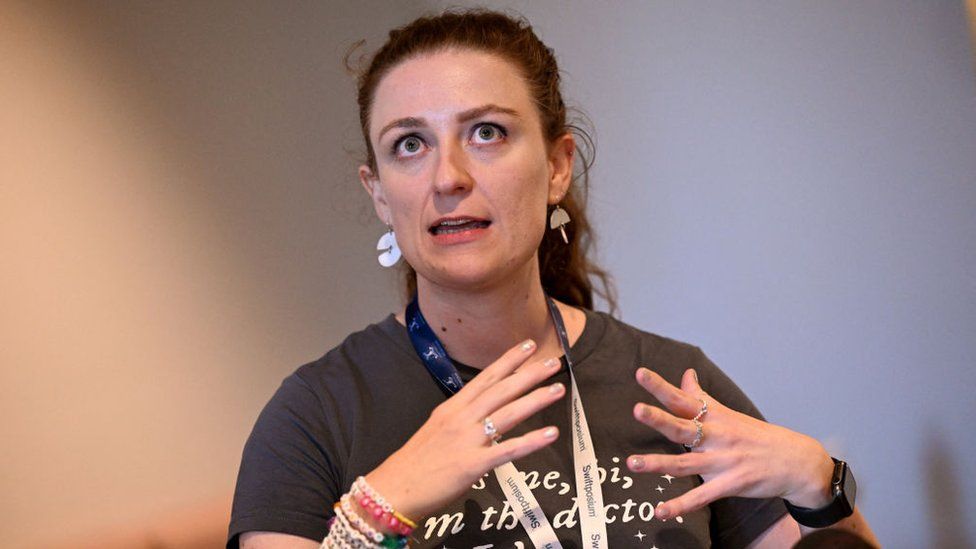
All throughout the symposium – hosted by the University of Melbourne – people have been likening Swift to Elvis, Michael Jackson, Madonna and Beyoncé.
It’s hard to compare her to those artists of a different era, keynote speaker Ms Spanos tells the BBC, but she’s certainly the hottest thing on the planet right now.
“She’ll be considered the greatest songwriter of her generation… and also one of the greatest songwriters of all time.”
Dr Carroll argues Swift has indeed been able to take her fame to another level though – thanks to that broad, incredibly motivated fanbase.
“[For other artists], their sphere of influence doesn’t extend too far out of their fan base. But that’s no longer true of Taylor.”
And it’s nice – and long overdue – that people are taking an interest in that, she says.
A year ago, when receiving her doctorate people laughed at the topic of her studies. Now she’s giving a keynote speech at one of the most publicised academic conferences in the world.
“It’s kind of like, oh my God, everybody gets it!” she says. “It’s that feeling of being seen, and recognition that my research does have a value.
“We are not just gonna be sitting around at this conference fangirling – that will occur – but there’s so much that studying her can tell us about the world.” – bbc.com